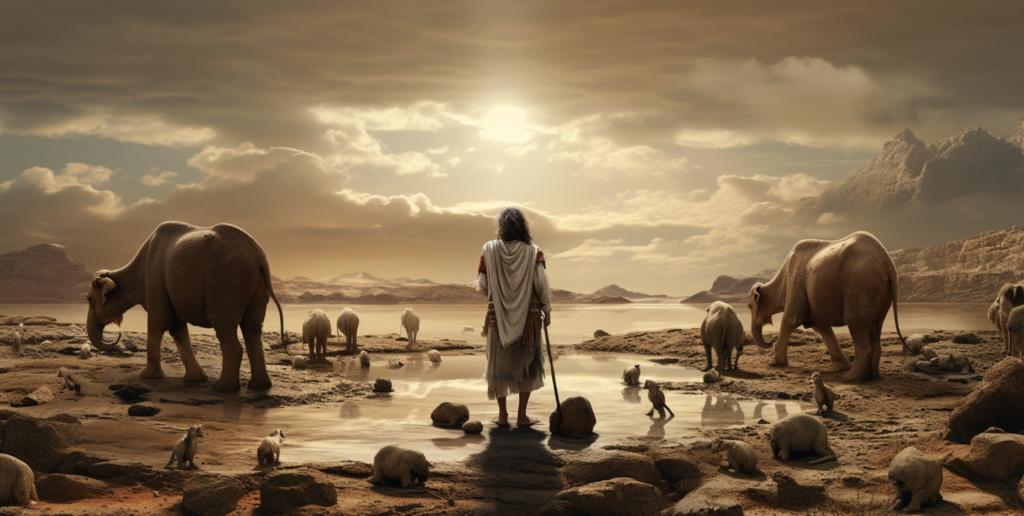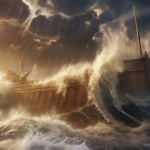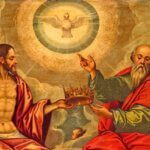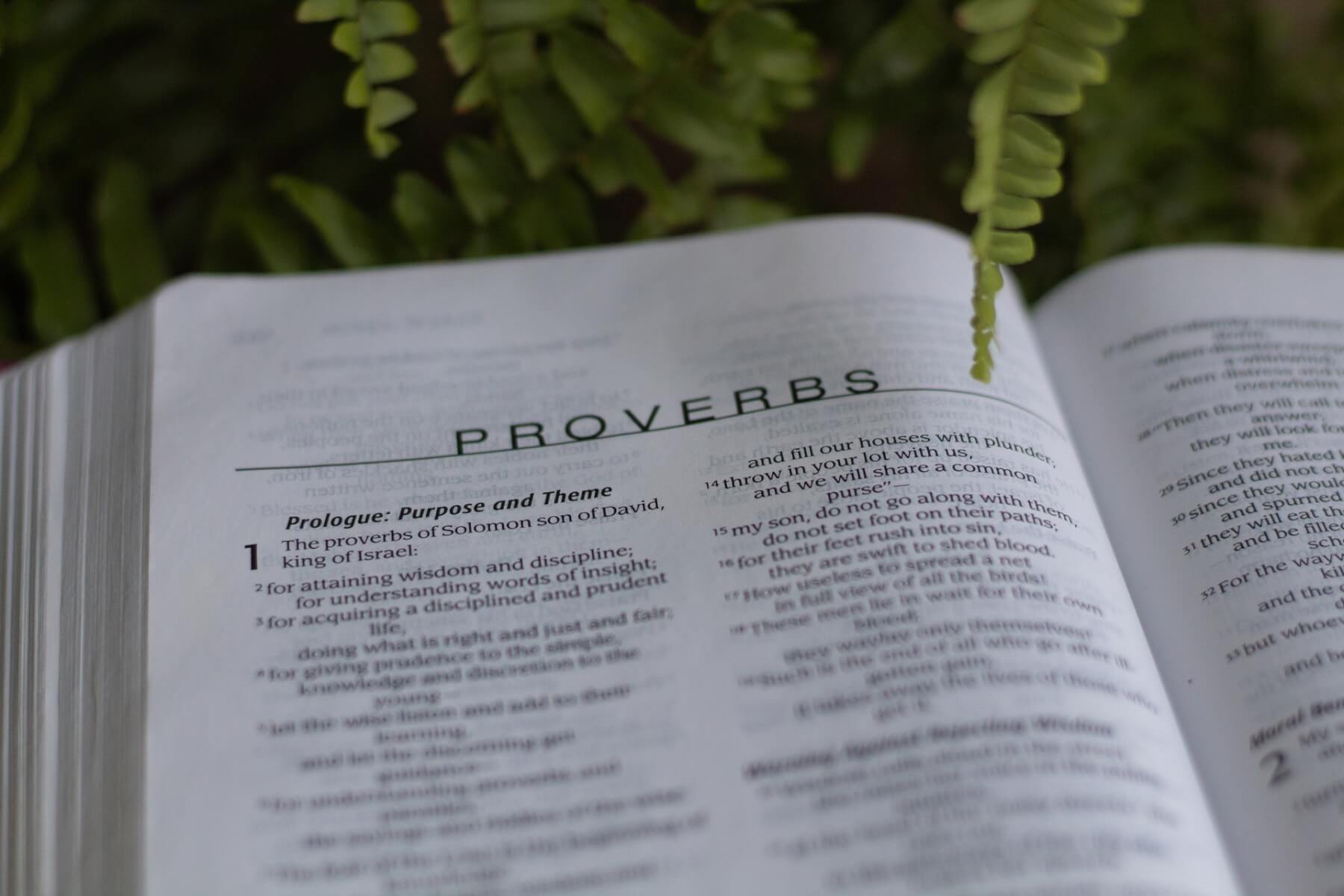The narrative of Noah and the Great Flood goes beyond a chronicle of a grandiose ark and unending downpours. Located within the Genesis book, this account raises timeless queries about mankind’s deeds, the Divine’s verdict, and the concept of a fresh beginning.
Why, amidst a world filled with people, did God decide to bring about such a vast flood? What had humanity done to provoke this decision? And in the midst of such devastation, why was Noah, along with his family, singled out for salvation? As we dive deeper into this biblical account, we’ll explore the complexities behind the Flood and the significance of Noah’s unwavering faith in challenging times.
The Context Surrounding the Flood
In the early chapters of Genesis, a portrait is painted of a world in rapid moral decline. After the events of Adam and Eve in the Garden of Eden and the fratricidal act of Cain, humanity began to multiply. But as populations grew, so did wickedness. The Earth was filled with violence, corruption, and a general disregard for the sanctity of life. It’s depicted as a time where the thoughts and intents of the human heart were continually evil.
It’s essential to understand that this wasn’t just about individual wrongdoings. The issue ran deeper, hinting at a collective and systemic corruption, a society where evil was the norm rather than the exception. Such was the gravity of human sin that God was grieved to His heart. The biblical text poignantly states in Genesis 6:6, “And the LORD regretted that he had made man on the earth, and it grieved him to his heart.”
God Decides to Flood the Earth
Amidst this grim backdrop, God made a grave proclamation. He decided to cleanse the Earth of its rampant wickedness by sending a catastrophic flood. This was not a rash or impulsive decision but rather a profound response to the depths of human depravity. God announced, “I will surely destroy both man and beast… for I regret that I have made them” (Genesis 6:7). It’s a sobering reflection on how severe the situation had become.
Yet, even in this impending judgment, a glimmer of hope shone through. Amongst humanity’s widespread corruption, one man stood out for his righteousness and integrity: Noah. He would play a pivotal role in the next chapter of the human story, becoming a beacon of hope amidst the looming deluge.
God Chooses Noah and His Family
In a time when humanity had strayed far from moral uprightness, Noah emerged as a stark contrast to the world around him. Genesis describes him as “a righteous man, blameless among the people of his time,” and he “walked faithfully with God” (Genesis 6:9). In a sea of corruption, Noah’s character shone as a beacon of hope, demonstrating that even in the bleakest times, individuals could choose righteousness over wickedness.
But Noah’s selection was not solely due to his personal virtue. God’s decision to spare Noah and his family can also be seen as an act of divine grace. While Noah’s righteous deeds set him apart, it was ultimately God’s mercy that provided him the opportunity for salvation.
God is always choosing a remnant to carry His seal.

Noah’s commitment to God’s ways had an impact on his immediate family, creating an environment of faithfulness that stood in stark contrast to the prevailing societal norms. By preserving Noah’s lineage, God ensured that the new beginning after the Flood would be rooted in faith and obedience.
They were on the ark for quite a long time. When they left the boat, they would be the remnant, the start of a new creation.
In choosing Noah, God showcased the profound impact one individual’s righteousness can have, offering hope to future generations that even in a world marred by sin, there’s always a path back to divine grace.
The Flood Narrative is a Story of Wrath and Grace
At its core, the story of the Flood in the Bible encapsulates the delicate balance of God’s wrath and grace. On one hand, the deluge stands as a stern testament to God’s justice, serving as a dramatic response to a world steeped in vice and rebellion. The sheer magnitude of the Flood speaks to the severity of humanity’s wrongdoing and the extent God would go to uphold righteousness. It’s a potent reminder that actions have consequences, especially when an entire civilization turns its back on virtue and divine guidance.
Yet, intertwined with this narrative of judgment, is an equally compelling tale of grace. Noah’s ark stands as a symbol of salvation amidst destruction, a testament to God’s enduring love for His creation. Despite the prevailing wickedness, God provided a means of escape, a way to start anew. This grace was not merely reserved for Noah but extended to the myriad of animals that boarded the ark, underscoring God’s concern for all of creation.
In the aftermath of the floodwaters receding, the world was granted a fresh start, an opportunity to rebuild with the lessons of the past in mind. The rainbow, set in the sky as a covenant, serves as a poignant reminder of God’s promise: while His justice is unyielding, His mercy remains boundless, offering hope and renewal even after the storm.





